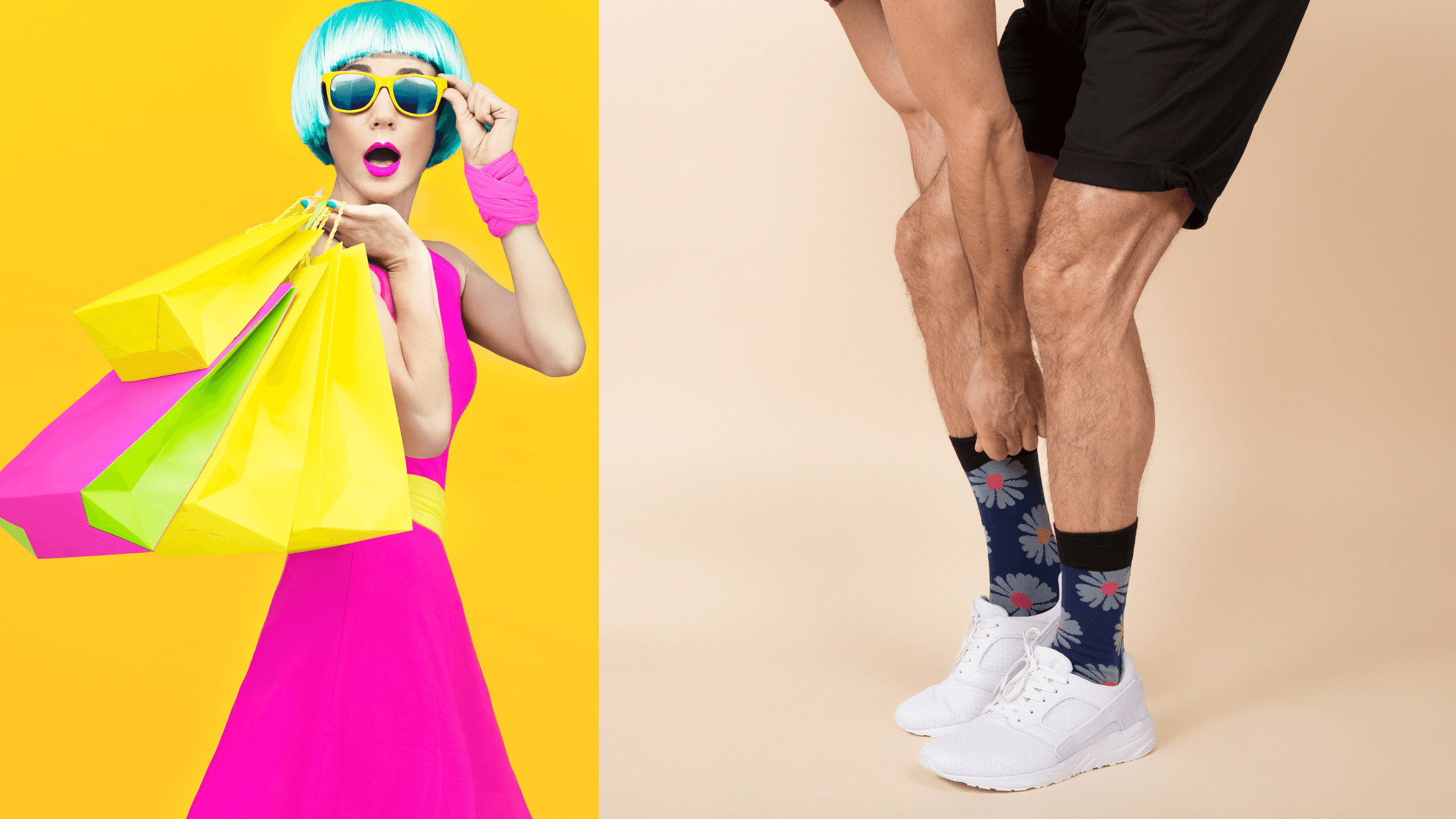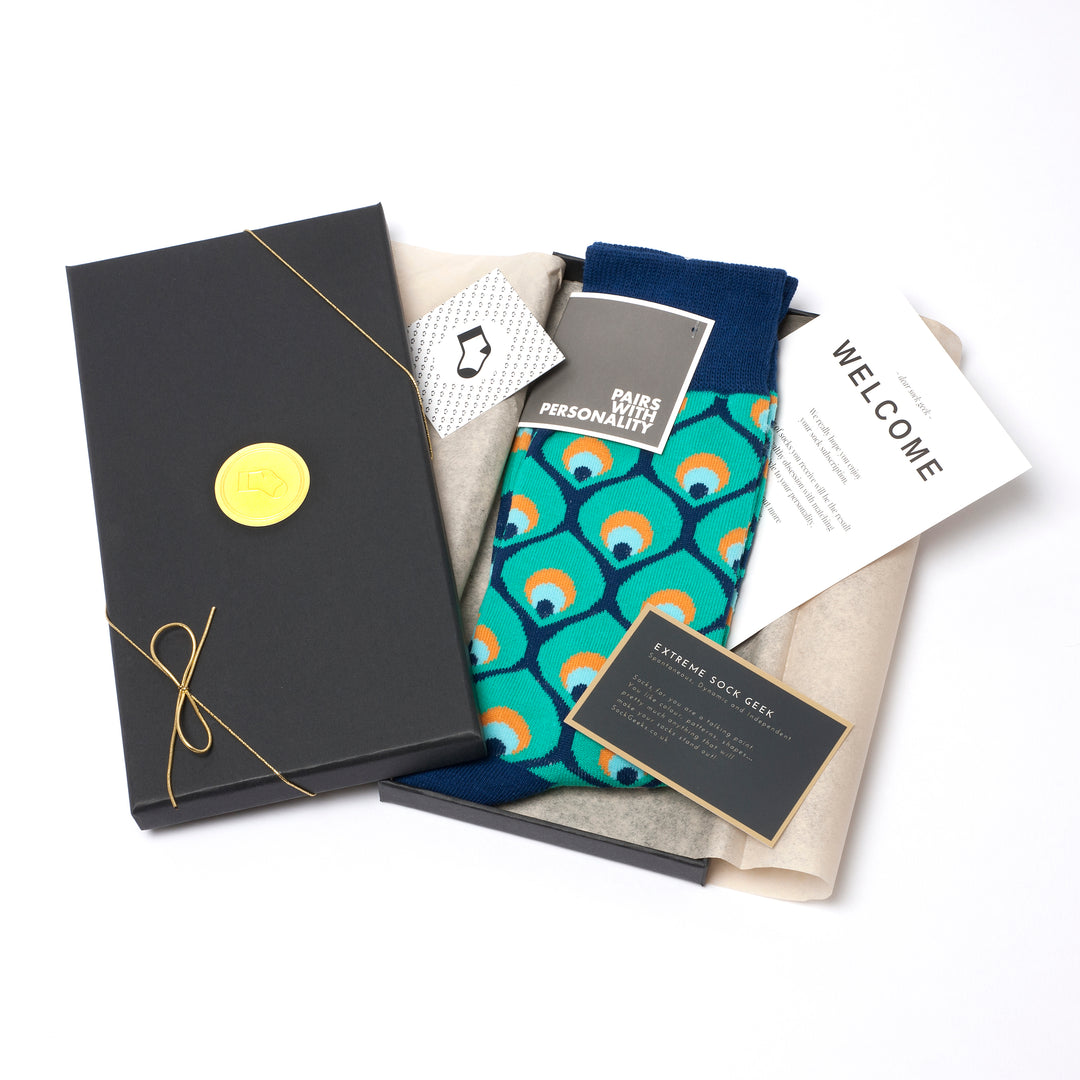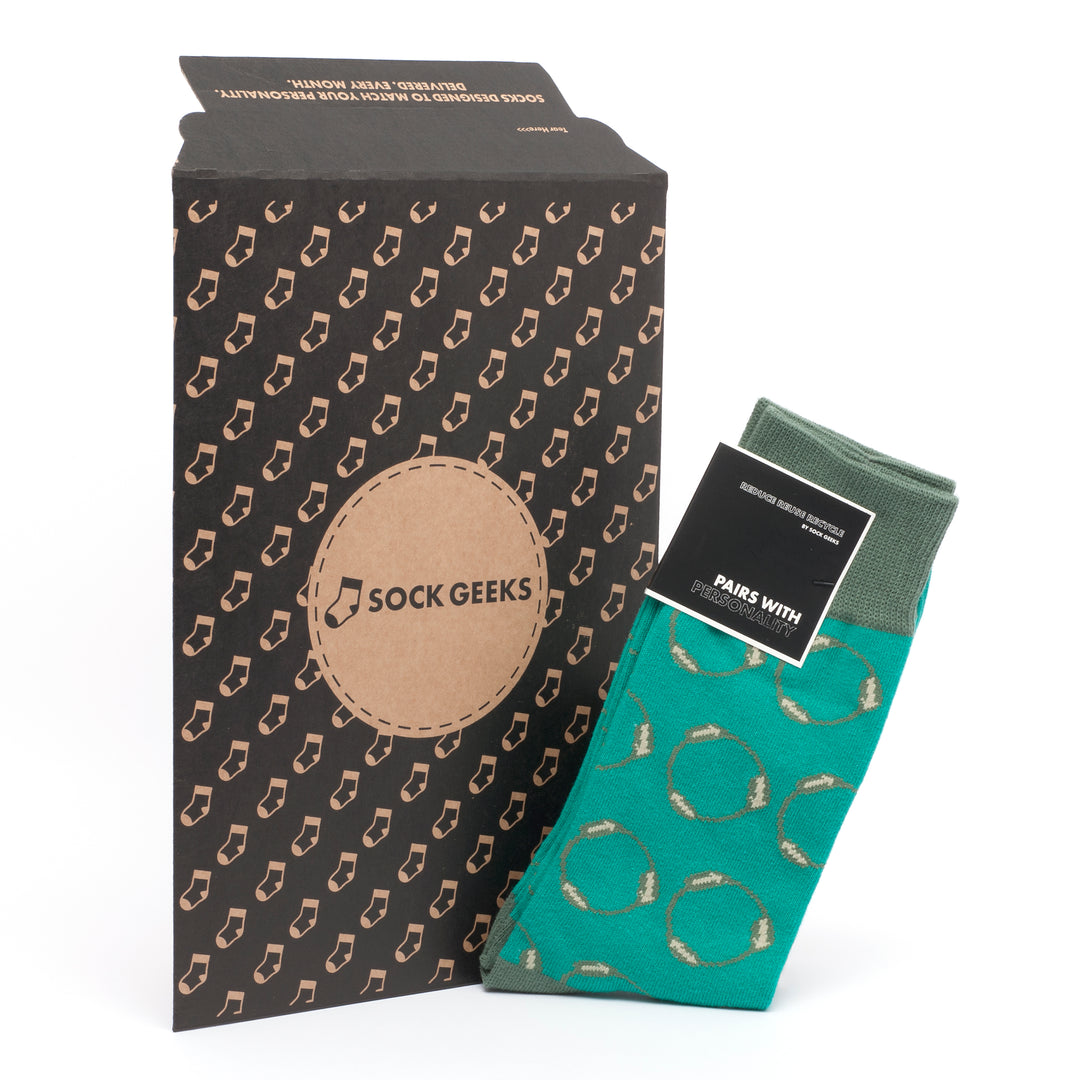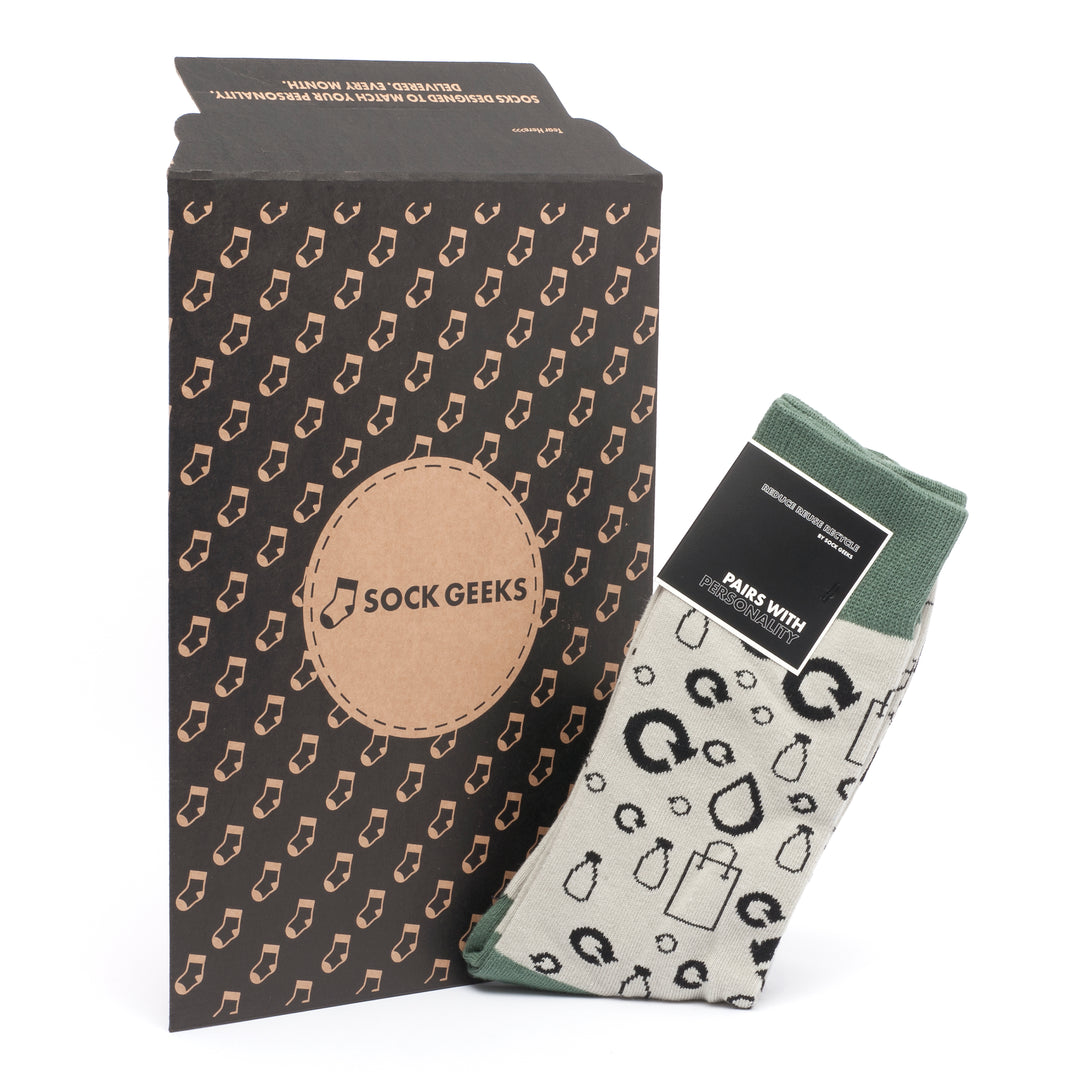What Are the Different Types of Sock Yarns? - A Comprehensive Guide
Curious about the world of sock yarns? From luxurious merino wool and durable nylon blends to synthetic fibers, the realm of sock yarns offers a diverse array of options for knitters and crocheters alike. In this comprehensive guide, we will explore the different types of sock yarns available, contrasting their unique characteristics, benefits, and color choices. Whether you prefer vibrant self-striping yarns, classic solid colours, or synthetic fibers, there are choices of perfect sock yarn waiting to elevate your next project. Stay tuned to discover which type suits your crafting needs best.
Key Takeaways
- Choose sock yarn based on the intended use and personal preferences.
- Consider factors like fiber content, weight, and construction when selecting sock yarn.
- Cotton yarn is breathable and ideal for warm weather socks.
- Wool yarn offers warmth and comes in various types like merino and cashmere.
- Bamboo yarn is eco-friendly, soft, and has moisture-wicking properties.
- Nylon fibers yarn enhances durability and strength in sock yarn blends.
Understanding Sock Yarn Varieties
Fingering Weight Yarn
Fingering weight yarn, also known as sock yarn, is a popular choice for crafting socks due to its durability and fine texture. It is lightweight and typically made from wool blended with nylon for added strength. This blend ensures that socks knitted from this yarn are long-lasting and can withstand regular wear and tear.
Superwash Merino Wool
Superwash merino wool is highly sought after for sock knitting due to its exceptional softness and elasticity. This type of wool has been treated to prevent felting, making it ideal for socks that require frequent washing. The superwash treatment allows the yarn to retain its shape and structure even after multiple washes, ensuring that your socks remain comfortable and fit well over time.
Importance of Sock Yarn Labeling
Choosing yarn specifically labelled as "sock yarn" is essential for creating high-quality socks. Sock yarns are specially designed to withstand the rigours of being worn on feet, which are prone to friction and moisture. These yarns often have added nylon or other synthetic fibres to enhance durability and ensure that your knitted socks last longer without wearing out quickly.
Factors in Choosing Sock Yarn
Yarn Weight
When selecting sock yarns, it's crucial to determine the best yarn weight based on the intended use of the socks. Lighter weights like fingering or sport are ideal for everyday wear, while heavier weights suit boot socks or cabin sock knitting.
Importance of Wool and Cotton
Wool and cotton are essential considerations in choosing the right sock yarn. Wool provides warmth, moisture-wicking properties, and durability, making it perfect for creating comfortable and long-lasting socks. On the other hand, cotton offers breathability and softness, ensuring a cozy feel against the skin.
Nylon Blend for Elasticity
Incorporating a blend of nylon in wool yarns is beneficial for increasing elasticity and durability. The addition of nylon enhances the stretchiness of the yarn, preventing sagging and ensuring that your knitted socks maintain their shape over time.
Cotton Yarn Characteristics
Softness
Cotton yarn offers softness that is gentle on the skin, making it ideal for crafting comfortable socks. Its natural fibres provide a smooth texture, ensuring a cosy feel when worn.
Durability
The durability of cotton yarn is noteworthy, but it benefits from blending with elastic fibres to enhance its strength. This combination ensures that the socks maintain their shape and structure over time.
Washing Maintenance
Cotton yarn excels in maintaining shape after washing, which is crucial for sock longevity. Unlike other materials, cotton yarn retains its integrity even after multiple washes, ensuring long-lasting wear.
Wool Yarn Warmth and Types
Softness
Wool yarn is renowned for its exceptional softness, making it a perfect choice for crafting comfortable and snug socks. The fibres of wool yarn gently caress the skin, providing a luxurious feel.
Elasticity
The elasticity of wool yarn ensures that your socks retain their shape even after multiple wears and washes. This feature allows the socks to conform to your feet, offering a custom fit each time you put them on.
Different Types
- Merino Wool: Known for its fine texture, Merino wool is prized for being soft against the skin while providing excellent warmth. It is an ideal choice for creating lightweight yet insulating socks.
- Cashmere Wool: Renowned for its unparalleled softness and warmth, cashmere wool is a luxurious option for crafting indulgent socks that offer supreme comfort.
- Alpaca Wool: With superior thermal properties, alpaca wool is perfect for keeping your feet warm in cold weather. Socks made from this type of yarn are incredibly cosy and insulating.
Benefits
- Warmth: Wool yarn excels in retaining heat, ensuring that your feet stay warm and comfortable during chilly days.
- Durability: The sturdy nature of wool yarn makes it highly durable, allowing your socks to withstand frequent use without losing their shape or quality.
- Moisture Wicking: Wool yarn has natural moisture-wicking properties, keeping your feet dry and odour-free throughout the day.
Bamboo Yarn Benefits
Antibacterial Properties
Bamboo yarn stands out for its antibacterial properties, making it an excellent choice for socks. This feature helps in keeping feet fresh and odour-free even after prolonged wear. The natural antibacterial agents in bamboo yarn prevent the growth of bacteria, making it a hygienic option for socks.
Softness and Moisture-Wicking Abilities
One of the key advantages of bamboo yarn is its softness. Socks made from bamboo yarn offer a luxurious feel against the skin, providing unparalleled comfort throughout the day. Bamboo yarn is highly absorbent and possesses exceptional moisture-wicking abilities. This means that it can efficiently draw moisture away from the skin, keeping feet dry and preventing discomfort.
Eco-Friendly and Sustainable Knitting
For environmentally conscious knitters, bamboo yarn is a top choice due to its eco-friendly nature. Bamboo is a fast-growing plant that requires minimal water and no pesticides to thrive, making it a sustainable material for yarn production. By opting for bamboo yarn, knitters contribute to reducing their carbon footprint and supporting sustainable practices in the textile industry.
Nylon Yarn Durability
Abrasion Resistance
Nylon yarn stands out for its durability due to its inherent strength and resilience. When used in sock production, nylon significantly enhances the abrasion resistance, ensuring that socks withstand daily wear and tear effectively.
Nylon's sturdy nature makes it an ideal choice for reinforcing high-impact areas of socks, such as the heels and toes. By blending nylon with other fibres like wool or cotton, manufacturers create yarns that offer superior longevity, making socks more hard-wearing.
Washability Benefits
The inclusion of nylon in sock yarns not only boosts their durability but also improves their washability. Thanks to nylon's synthetic properties, socks made with nylon yarn are easier to care for and maintain. This feature is particularly advantageous for individuals seeking long-lasting and easy-to-clean sock options.
Nylon's ability to retain its shape after multiple washes ensures that socks maintain their fit and comfort over extended periods. This characteristic is essential for active individuals or those who require socks that can endure frequent laundering without losing their original form.
Elasticity and Shape Retention
One of the key advantages of nylon yarn in sock production is its exceptional elasticity. The stretchiness of nylon fibres allows socks to conform comfortably to the wearer's feet while maintaining their original shape even after prolonged use.
Socks containing nylon retain their snug fit throughout the day, preventing sagging or bunching that can cause discomfort. This quality is particularly beneficial for athletes or individuals with demanding lifestyles who rely on their socks to provide consistent support and comfort.
Silk Yarn Luxuriousness
Elegant Feel
Silk yarn offers a luxurious feel that elevates the elegance of knitted socks. Its fine fibres create a smooth texture, enhancing the overall appearance of the sock. The sheen of silk yarn adds a touch of sophistication to any design.
Silk yarn is known for its breathable qualities, making it an ideal choice for crafting comfortable socks. The lightweight nature of silk ensures that socks made from this yarn are not only stylish but also pleasant to wear. This breathability helps in regulating temperature, keeping feet cool and dry.
Premium Touch
When it comes to special occasions, silk yarn truly shines in sock designs. Its premium touch adds a level of sophistication and class to knitted socks, making them stand out in any setting. Socks made from silk yarn are perfect for formal events or as a luxurious gift for someone special.
Blended Fibres Advantages
Durability
Blending synthetic fibres like nylon with natural fibres such as wool enhances the durability of sock yarns. The inclusion of nylon adds strength, reducing wear and tear.
Blended yarns are ideal for socks that undergo frequent use or require extra resilience against abrasion. The combination of fibres ensures that the socks maintain their shape and structure over time.
Elasticity
Blends of different fibres offer increased elasticity to sock yarns. Wool, known for its warmth and softness, is combined with synthetic fibres like spandex to provide stretchiness and flexibility.
The elastic nature of blended sock yarns allows them to conform comfortably to the foot while retaining their shape after repeated wear and washing.
Enhanced Performance
By combining various fibre content, sock yarns can achieve a balance between breathability and insulation. Blended fibres offer improved moisture-wicking properties, keeping feet dry and comfortable.
Blended yarns also provide options for creating socks with specific design requirements. Whether it's adding synthetic fibres for quick-drying capabilities or incorporating natural fibres for temperature regulation, blends offer versatility in meeting diverse needs.
Final Remarks
You now have a comprehensive understanding of the various types of sock yarns, from cotton to silk, and the factors to consider when choosing the right yarn for your projects. Each type brings its unique characteristics, be it warmth, durability, or luxuriousness. By exploring blended fibres, you can combine these benefits to create socks that meet your specific needs.
As you delve into your next sock knitting project, remember to consider the yarn type carefully based on the qualities you desire. Whether it's the softness of bamboo yarn or the strength of nylon yarn, each choice impacts the final product. Experiment with different yarn varieties to discover which works best for your knitting style and preferences.
Frequently Asked Questions
What are the benefits of using bamboo yarn for socks?
Bamboo yarn is naturally antibacterial, moisture-wicking, and soft on the skin, making it ideal for comfortable and odour-free sock wear.
How does nylon yarn enhance the durability of sock yarns?
Nylon yarn adds strength and resilience to sock yarns, increasing their durability and lifespan through wear and tear.
Why are blended fibres advantageous in sock yarns?
Blended fibres combine the best properties of different materials, such as strength from nylon or softness from bamboo, creating versatile and durable sock yarns.
What factors should I consider when choosing sock yarn?
Consider factors like material type (cotton, wool, etc.), texture, durability, and intended use to ensure you select the most suitable sock yarn for your needs.
Are silk yarn socks suitable for everyday wear?
Silk yarn socks offer luxurious comfort and breathability but may be more delicate than other types. They are best reserved for special occasions or light daily use.




















Leave a comment